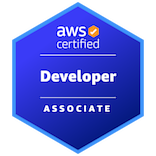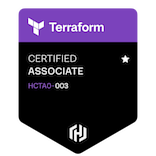Experience
- Delivered a new API and Data Access Layer enabling a platform to access on-premises data warehouses from the public cloud (AWS) within the Transfer Agency Business.
- Designed and implemented brand-new cloud infrastructure using Terraform, ensuring a complete repave of production is simple and replicable.
- Leading the adoption of Artificial Intelligence within Transfer Agency Technology, with the development of org-specific developer tooling.
- Developed mobile applications in React Native, Node.JS/PostgreSQL.
- Managed and deployed new bare-metal infrastructure, implemented DevOps processes using Github Actions CI/CD, Github Projects/Issues and Agile methodologies.
- Developed Geabaire, an alternative and augmentative communication tool for Irish.
- Worked on Azure Communication Services, a service for providing telephony services via API, as part of the backend of Microsoft Teams/Skype for Business.
- Worked on developing a suite of synthetic tests to ensure the reliability of the service, as well as making requisite changes to the service to ensure it was compatible with the tests.
- Taught evening and summer classes to hundreds of students aged between 7 - 18 across various subjects including Java, web development and Scratch.
- Developed new content for the older students, including Object-Oriented Programming and Arm assembly language.
Certificates
I have passed the AWS Certified Developer — Associate exam which highlights my ability to design, develop and maintain applications across over 40 AWS services, including EKS, ECS, Lambda, DynamoDB and S3.

